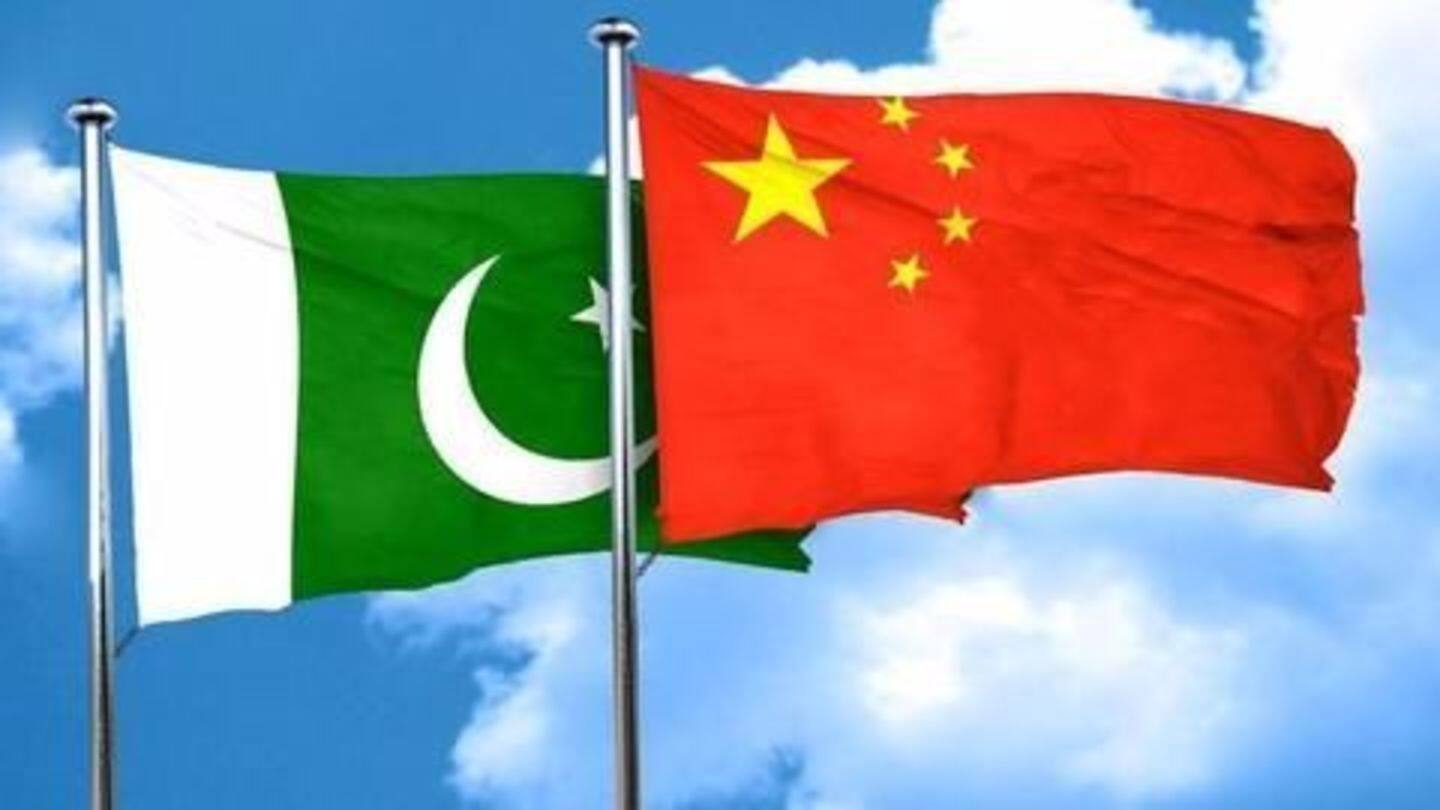
China backs Pakistan's plans for Indus Basin dams, India opposes
What's the story
Bringing in another-dimension to multiple confrontations in the sub-continent, Pakistan is looking to construct a mega-dam on the Indus in Gilgit-Baltistan region by 2018. Although Pakistan has long been nursing ambitions of constructing a cascade of dams on the Indus, it had been delayed due to non-availability of funds amid India's opposition. The project is now set to be funded by China under CPEC.
Advantages
How does the dam benefit Pakistan?
The Diamer-Bhasha dam is expected to generate 4500 Megawatt electricity. The dam's reservoir is further expected to play a crucial role in regulating the flow of water to agricultural lands that are frequently affected by erratic weather. Iqbal, Pakistani PM Nawaz Sharif's close aide noted that this was a high-priority project, "This water reservoir is most critical for food security in Pakistan."
Information
Environmental impact
The Diamer-Bhasha project is estimated to displace about 4200 families and submerge a good part of the Karakoram highway. Engineers are in the process of surveying more projects down the river to Islamabad including 71,000 MW Bunji hydro-electric projects, first dam in the cascade.
Details
What is being planned?
Construction of the dam is expected to take 10 years and could begin after July 2018. The dam would be built by a Chinese firm approved by Beijing, in collaboration with a Pakistani partner. The two states signed an MoU in December last year, in which Beijing agreed to develop and fund Pakistan's plans for Indus Basin dams, holding an estimated 40,000 MW potential.
About
Indus Water Treaty
Indus Water Treaty (1960) is internationally hailed as a landmark agreement between India and Pakistan. Under the treaty, India was given control of three Eastern rivers - Ravi, Sutlej, Beas - a total of 20% of water carried by the Indus river. For Pakistan, which controls three Western rivers, Indus, Jhelum and Chenab, this river system is its one major source of water.
Analysis
How does India view this?
India has firmly opposed construction in the Indus Basin, which it claims on, and the China Pakistan Economic Corridor, which passes through the disputed territory of Pakistan occupied Kashmir. While India cannot technically oppose dams planned in Pakistan, it continues to echo sovereignty concerns against CPEC projects in Gilgit-Baltistan. India may hence view construction as a sovereignty violation possibly triggering an aggressive response.